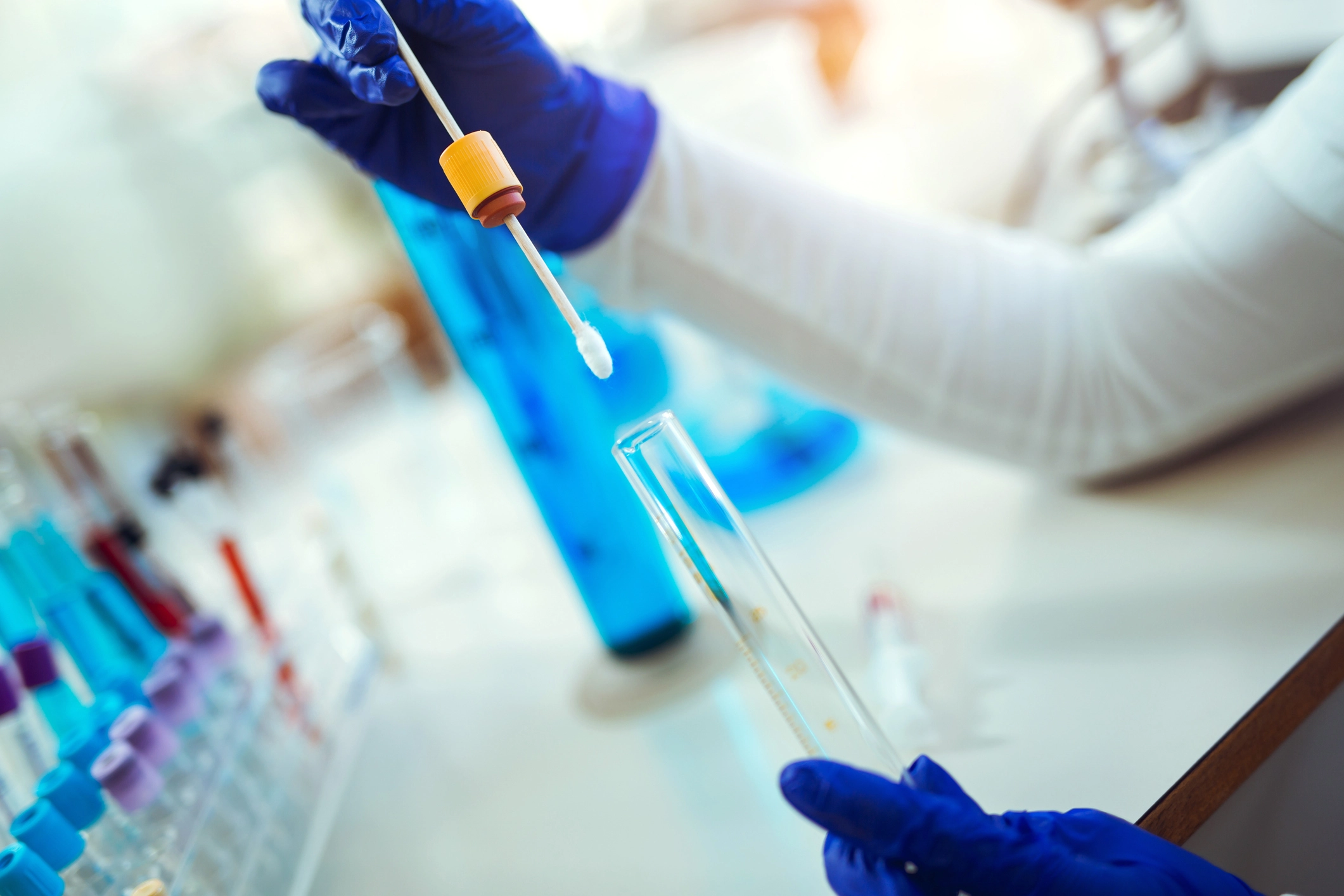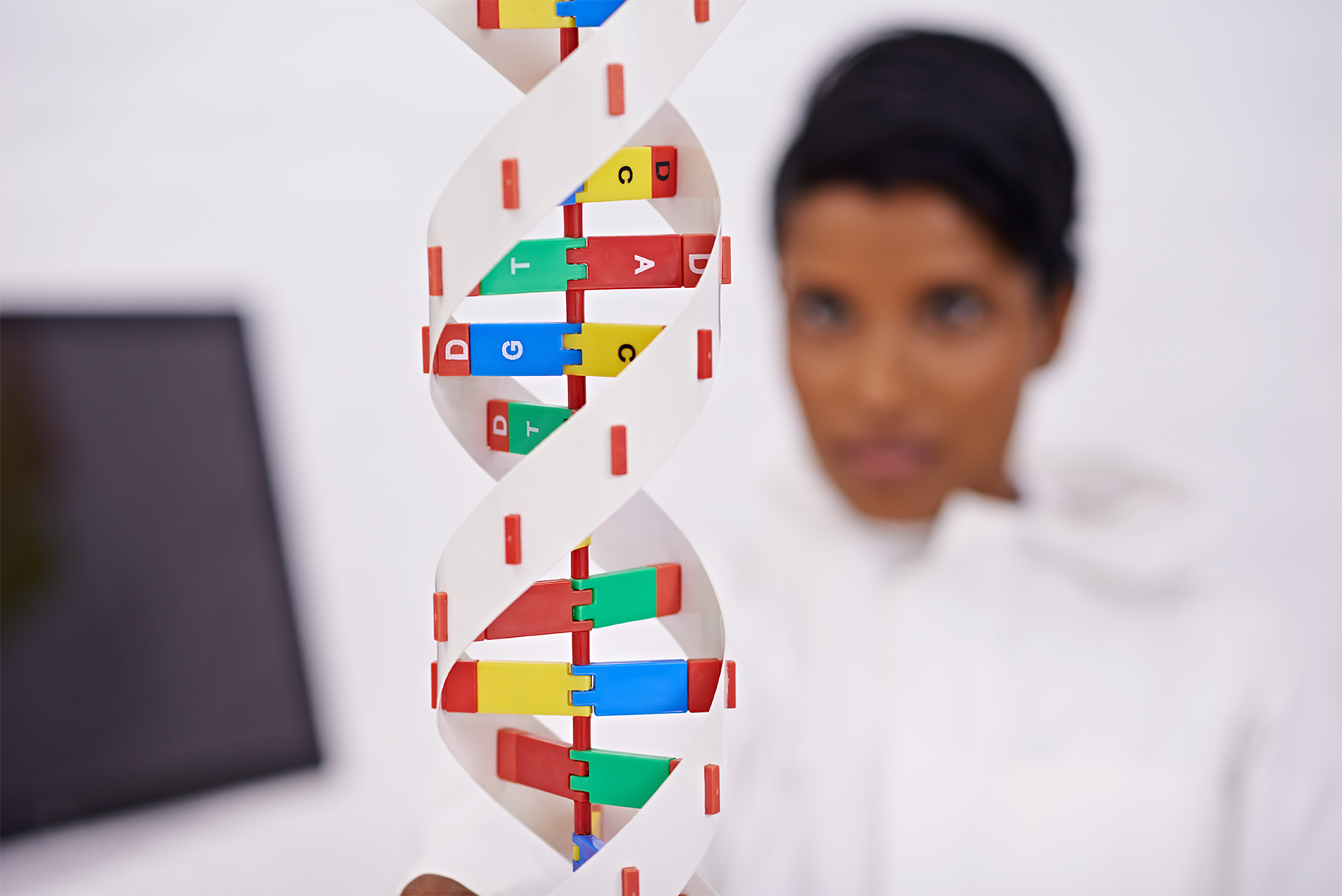Difference Between Informational DNA And Legal DNA Testing What Is DNA Testing?
DNA, known as Deoxyribonucleic acid, is a thread-like structure containing a chain of nucleotides carrying genetic information. It helps in the growth, development, functioning, and even reproduction of humans. It…




